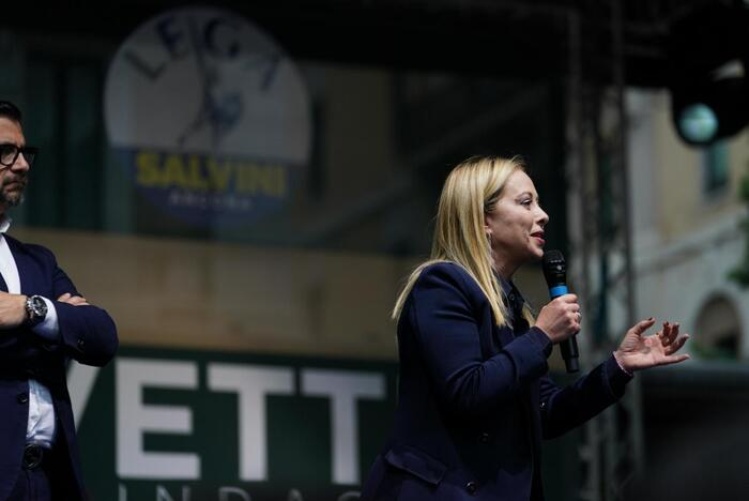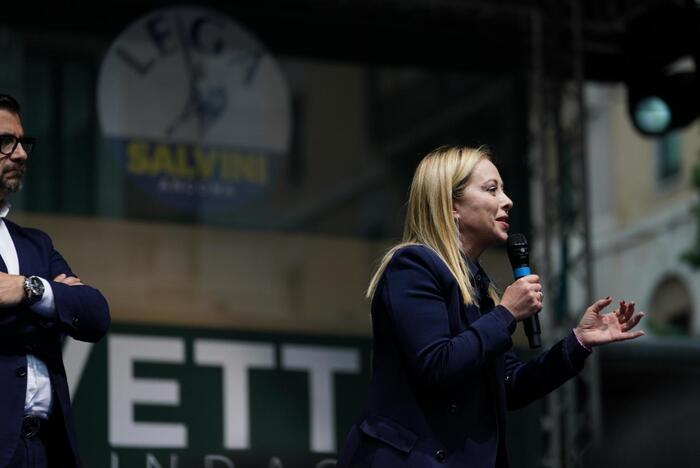A semi-presidential republic, or dual executive republic, is a republic in which a president exists alongside a prime minister and a cabinet, with the latter two being responsible to the legislature of the state.
It differs from a parliamentary republic, in that it has a popularly elected head of state, and from the presidential system, in that the cabinet, although named by the president, is responsible to the legislature, which may force the cabinet to resign through a motion of no confidence.
Meloni said while she wanted to get agreement on the reforms with the opposition, she would press ahead alone if need be, stressing that she had a mandate from her big September election win, whose manifesto included the ‘strong government’ reforms.
“Tomorrow we have summoned the oppositions to talk about constitutional reforms,” Meloni said at a local-election rally in Ancona.
“They say it is not a priority; no, I think it is a priority to say enough to governments built in laboratories inside palaces that pass over the skin of citizens and to bind who governs to popular consensus and give this nation stability, governments that last five years
“Enough with the legislatures of those who change their colours, we will talk about it, I want to make a widely shared reform but I will do it and I will do it because I have been given a mandate by the Italians and I will keep to that mandate.”
The opposition, centre-left Democratic Party (PD), meanwhile, held a meeting of its secretariat on Monday to discuss the issues leader Elly Schlein should bring up and the position that should be adopted at a meeting with Meloni on Tuesday on the government’s proposed constitutional reforms.
Calling the opposition to the meeting must not be allowed to distract attention from the issues that interest people and from the needs of the country - jobs, health and the National Recovery and Resilience Plan, was the stance expressed in several of the initial speeches.
On Sunday, Deputy Prime Minister and Foreign Minister Antonio Tajani said it would be a “mistake” for opposition parties to refuse to engage in political discussion on the proposed institutional reforms.
If the opposition says no, “we will go ahead anyway, then there will be a referendum,” Tajani told Mezz’ora in più on Rai3.
“I think citizens have the right to choose their government,” he added.
ANSA











